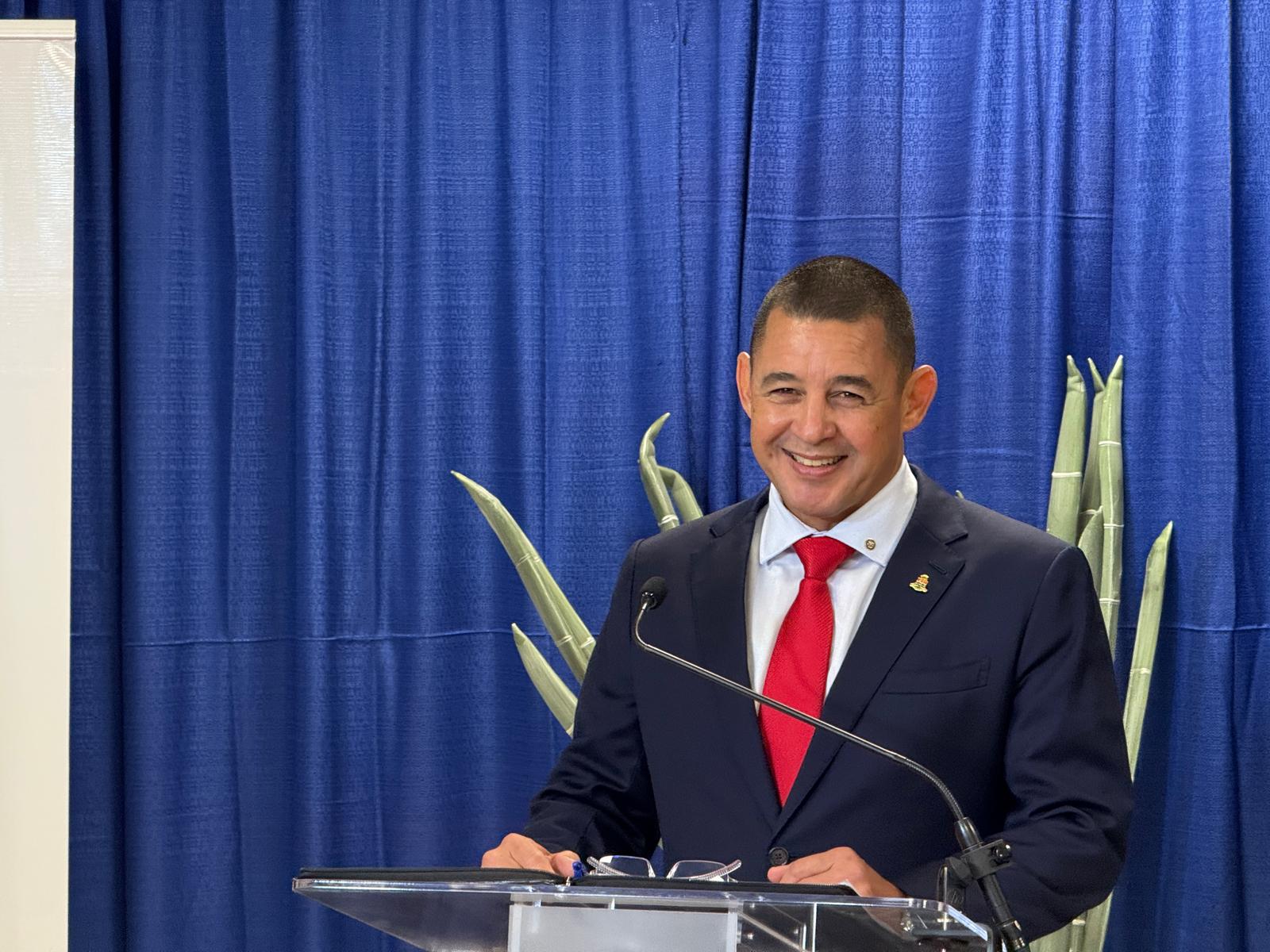Copyright caymancompass

Stricter immigration rules could lead to job losses in Cayman, Leader of the Opposition Joey Hew has warned. Hew said that making it more difficult for people to work and settle in the jurisdiction could make it less attractive as a business hub. The immigration reform bill, which is currently subject to a public consultation, is scheduled to be tabled in Parliament on 10 Dec. Hew highlighted that he had heard some Cayman-based businesses had already “offshored” parts of their operations and the country would be hurt by stricter immigration and higher fees. Hew said, “Unfortunately, when that happens that leaves Caymanians unemployed. “The revenues from financial services have been growing, but the number of people working in the industry has been declining.” He said, “So, we have a situation where, for obvious reasons, Cayman is an attractive place to register your offices and operate at its basic level and where a lot of effort was put into that, particularly after the economic substance legislation, to increasing employment in those businesses. In other words, more bodies in chairs.” Hew added that government had taken “a very stern stance on immigration and are bringing changes to immigration and employment so the very high cost of doing business locally may see a lot of those positions that can be, or could be, held by Caymanians, being offshored”, Among the proposed changes are stricter rules on work permit holders, who will not be able to switch employers in their first two years on island. The only exceptions would be domestic helpers or in special circumstances approved by Workforce Opportunities and Residency Cayman (WORC), but affected workers would have to leave Cayman for a year before they could return to their new post. Employers would also have to pay a fee to WORC to register a vacancy before applying for a work permit and advertise the post on the WORC jobs board and in Caymanian media for 21 days to allow for applications from residents. Term limits for non-Caymanian civil servants would also be introduced to ensure consistency and transparency in public sector employment. And residency periods to qualify for Caymanian status would increase from the present 15 years to 20 years in some categories.



